

The production of self-tapping screws, a crucial component in many industries, involves a series of precise and highly automated processes. A typical self screw factory utilizes advanced machinery to create these fasteners, beginning with raw material selection. This includes choosing high-quality metal wire, often steel or other alloys, based on the desired strength and corrosion resistance of the final product. The wire is then fed into specialized machines that perform several key operations, including:
Cold heading is a crucial step where the wire is cut and formed into the basic shape of the screw. This process is incredibly efficient, and high-speed presses are commonly employed in a large-scale self screw factory. The precise shaping of the screw blank is critical for ensuring consistent quality and proper thread formation.
Thread rolling is a process that forms the self-tapping threads on the screw shank. This method is preferred over cutting threads because it creates stronger, more durable threads while also improving the overall strength of the screw. The precise control and tooling involved in this step are key aspects of the expertise found within a reputable self screw factory.
After thread rolling, the screw undergoes pointing, which forms the tip of the screw for easy driving into various materials. Depending on the specific application, a slot might also be added for use with a screwdriver. The precise tolerances achieved during this phase are crucial for functionality and compatibility.
Quality control is paramount throughout the entire manufacturing process. Reputable self screw factories utilize rigorous inspection methods at each stage, employing both automated and manual checks to ensure that the final product meets stringent quality standards. This may involve checks for dimensional accuracy, thread integrity, material consistency, and surface finish.
Choosing a reliable self screw factory is critical for businesses relying on consistent and high-quality self-tapping screws. Factors to consider include the factory's certifications (such as ISO 9001), manufacturing capabilities, and their commitment to quality control. A thorough due diligence process is essential.
The market offers a wide variety of self-tapping screws, each designed for specific applications. Choosing the right type is crucial for ensuring proper performance and avoiding issues like stripping or damage to the material being fastened.
| Screw Type | Description | Applications |
|---|---|---|
| Type A | Suitable for thin sheet metal. | Automotive, electronics. |
| Type B | Designed for thicker materials. | Construction, furniture. |
| Type AB | Versatile for a range of thicknesses. | General purpose applications. |
This table provides a simplified overview; many other specialized self-tapping screw types exist, each with its own unique characteristics and applications. Consulting with a knowledgeable supplier is recommended for selecting the appropriate screw for your needs.
For a reliable source of high-quality self-tapping screws, consider exploring options from reputable manufacturers. One such option is Hebei Muyi Import&Export Trading Co.,Ltd, a company specializing in the export of various fasteners.
Remember, selecting the right self screw factory is a crucial step in ensuring the success of any project relying on these essential fasteners. Consider factors like production capacity, quality control measures, and the factory's experience and reputation when making your decision.





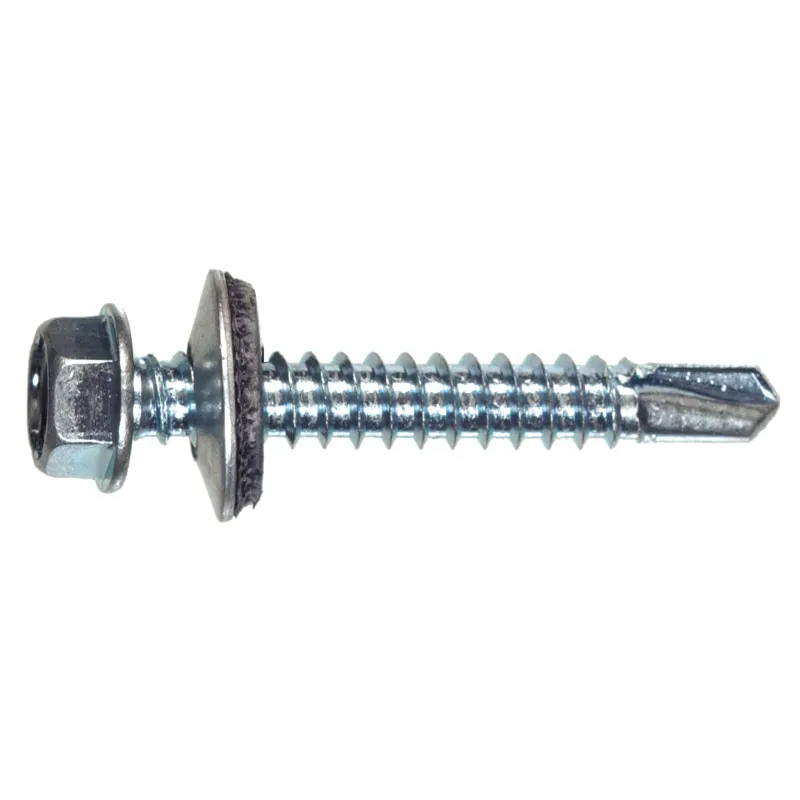
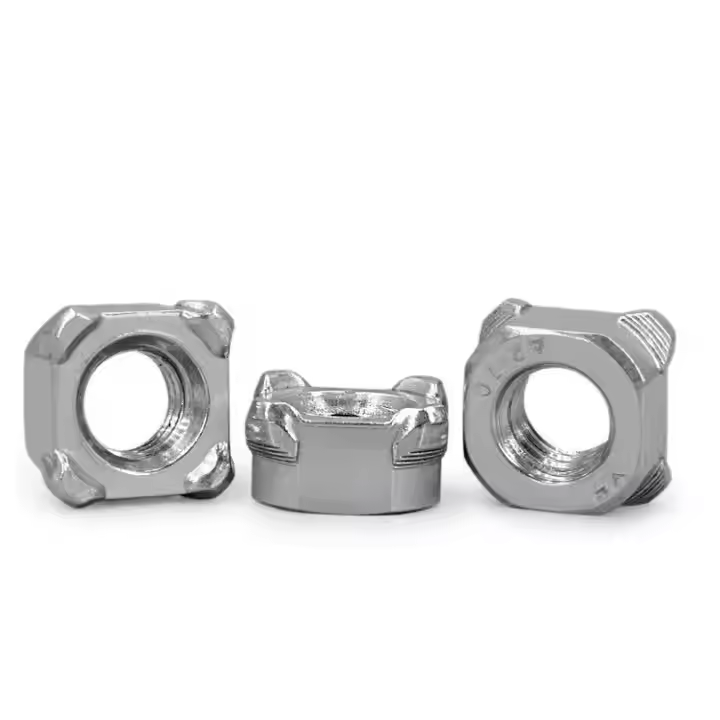

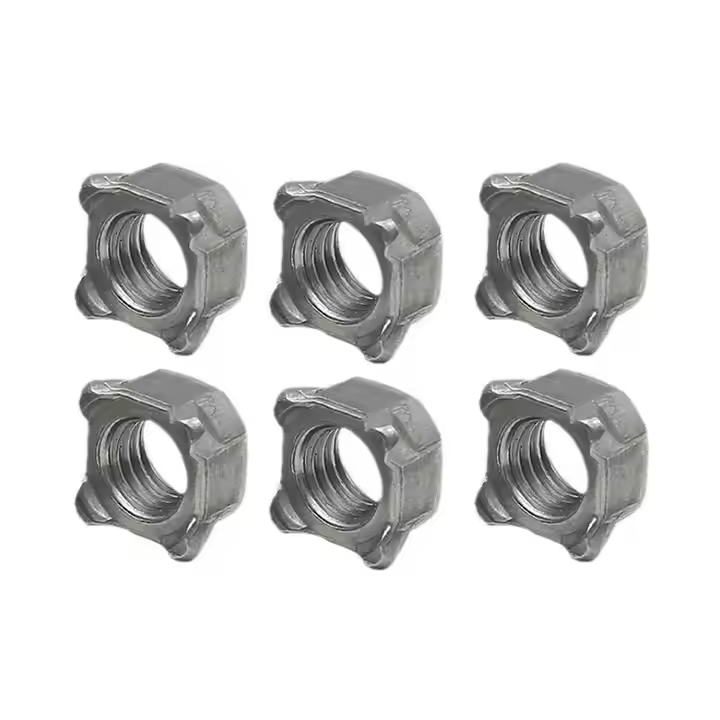
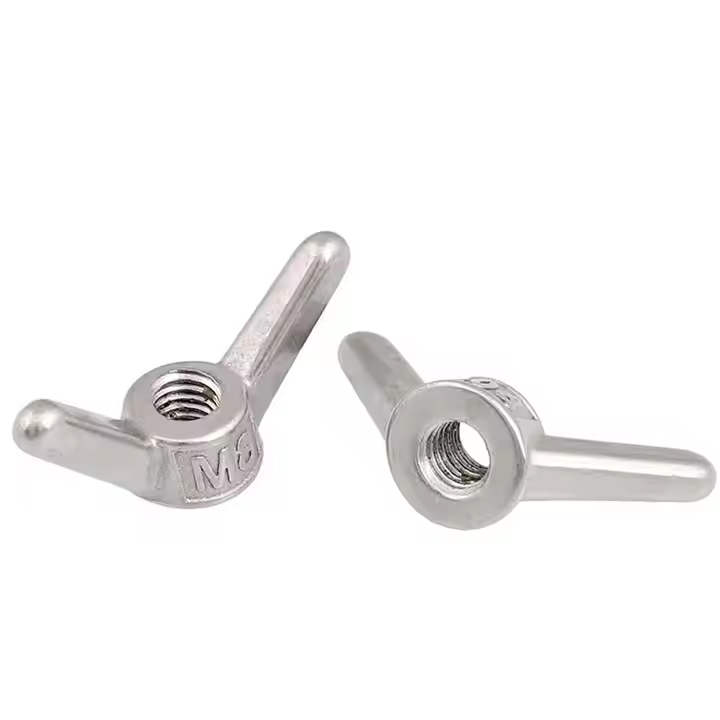

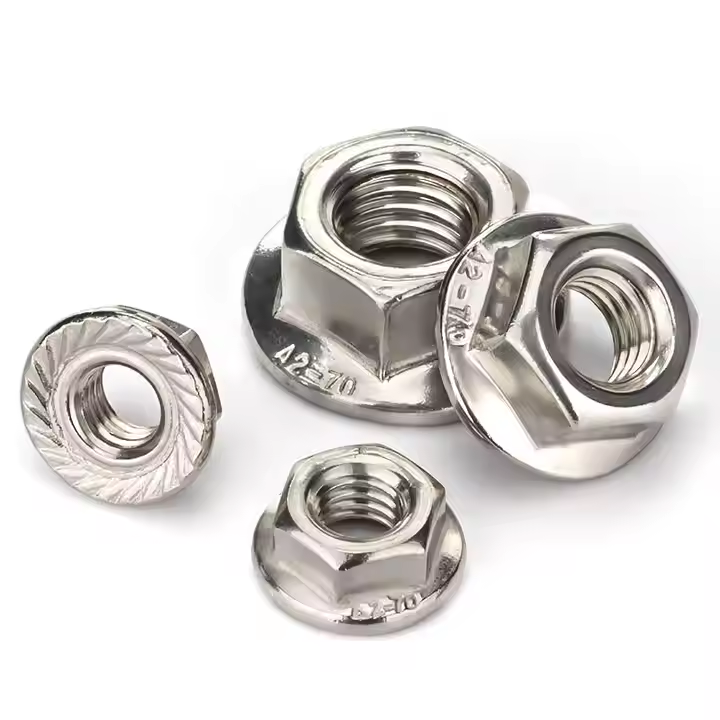

Please enter your email address and we will reply to your email.